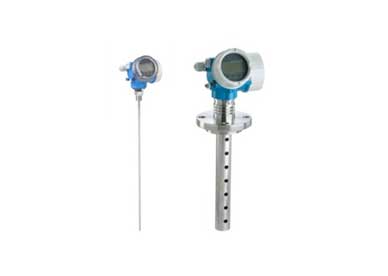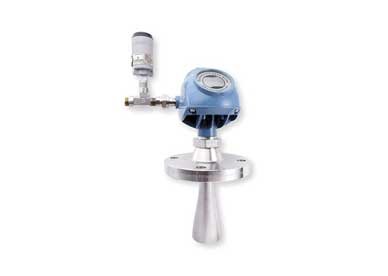Hydrostatic level measurement is a simple and reliable method of measuring level. A submersible pressure sensor, regular pressure sensor or pressure gauge is lowered to or mounted at a specific depth (zero level). The sensor then measures the pressure caused by the weight of the liquid directly on top of it. Due to the hydrostatic paradox, the pressure sensor does not measure the complete volume in the tank above it, but only the liquid column vertically above it. The hydrostatic level measurement is thus completely unaffected by the shape of reservoir or vessel, just measuring the level by the weight of the liquid column above it. If the liquid and its specific gravity are known, the pressure measurement can be calculated as the distance from the zero level, where the sensor is located, to the surface of the liquid.

Hydrostatic Level Transmitter
Feature
- Several alternative sensor technologies and design variations are available for almost every application
- Level measurement is not influenced by existing installed equipment and vessel geometry.
- They have a proven measuring principle with high reliability.
- The hydraulic level transmitters have direct contact with the medium.
- They provide robust measuring processes, which are unaffected by factors like vapor, contaminants, dust, buildup, foam, etc.
- The transmitters’ measurement is uninfluenced by characteristics like dielectric coefficient, conductivity, or viscosity.
Application
Borehole Monitoring, Hazardous Areas, Storage Tanks


